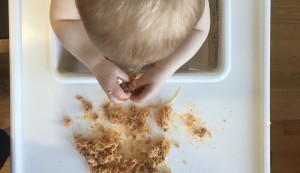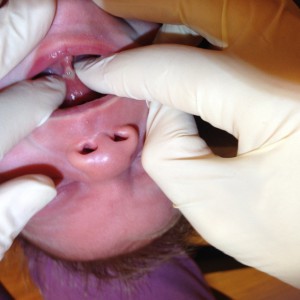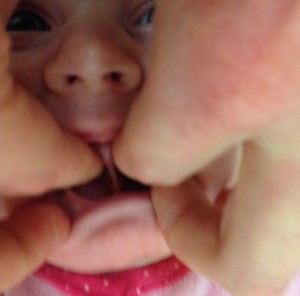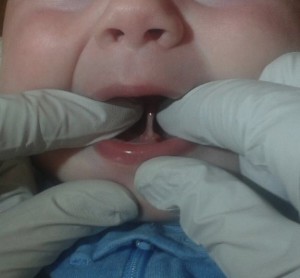My dear colleague and friend, Joy Funston, recently attended a webinar to understand the rights of the breastfeeding mother under the Affordable Care Act. (In the US) She graciously shared what she learned with her colleagues. We collaborated to write this post and bring this important information to as many mothers and mothers-to-be as possible.Thank you Joy!!

If you are in the U.S, you have probably heard that the Affordable Care Act (ACA) mandates insurance coverage for lactation support. You are correct! Unfortunately, the details of the law are vague,and that has created loopholes for insurance companies to jump through.
For example, the law requires that insurance companies develop a network of breastfeeding professionals. The may “say” they have a network of lactation consultants, but on closer inspection, it is found that lactation services will only be a covered expense if they are provided by a licensed medical professional such as an M.D. As we know, the vast majority of M.D.’s do not provide lactation services.
Another important aspect of the ACA is mandated coverage for breast pumps & supplies. Unfortunately, no details are included. What type of pump? Who decides?
The National Women’s Law Center in Washington, DC has attempted to be a resource for moms trying to access coverage and to IBCLC’s offering assistance. The following information is from a webinar that they provided.
Know your rights! If your insurance company has denied lactation services by an IBCLC, here are the points that you can argue with your insurer:
1.The lactation portion of the ACA states that specific benefit are covered “for the duration of breastfeeding.” Insurance companies are not in compliance with the law if they have arbitrary rules for a set number of consultations or certain age of the baby. There are a couple of exceptions: “Grandfathered plans” and some private “self-insured” plans do not always have to follow the ACA.
2- IBCLC’s are ready and available as trained experts in lactation. No other credential comes close. And no other credential is needed.
3. While not the intent, ineffective breast pumps satisfy the law. The ACA does not specify the quality of a pump. Note from Renee: Given the law as it is now, I recommend purchasing your own pump if your insurance company will not provide the type that you need. .
4. The ACA does NOT include a requirement of return to work or school for breast pump coverage.
5. Tricare, insurance for military personal, is NOT covered by the ACA. But things are changing. Recently there was a mandate for covered benefits by the armed forces appropriation’s bill.
7. New marketplace plans ARE, in fact, covered by the ACA.
8. The law mandates “no cost sharing” for lactation support services. This means no co-pay, no deductible and no co-insurance cost. Period.
9. Each insurance company is supposed to provide in-network professional lactation support options. If there is no in-network option provided which is geographically accessible, you may go out of network for support. Keep in mind that the vast majority of insurance companies do not allow IBCLC’s to become in-network providers. The insurance company can use this to deny benefits. This is a “Catch 22” situation and needs to be reported.
10. Any complaints about insurance noncompliance should go directly to your state’s insurance commissioner. Every time. Every mom. Every problem. Note from Renee: Washington state’s insurance commissioner is very responsive! Documentation of insurance noncompliance can also be reported to www.coverher.org. They hope to continue to compile data & to be a resource.
And finally, part of the ambiguity in the implementation of the ACA is that the insurance companies are not acknowledging who actually is the expert breastfeeding professional. IBCLC is an international recognition– the only professional qualified to step into the role the law envisioned. But IBCLC does not come with a “license” and in the USA, Insurance companies traditionally reimburse the services of licensed professionals only. Please support state licensure of IBCLC’s when you can.
Sadly the law was not precise… But the intent was very clear. Mothers are absolutely entitled to healthcare benefits for lactation support. Consumers need to demand the coverage their premiums are mandated to provide.
Joy Funston, RN, IBCLC. RNC is in private practice in Charlottesville, VA. She can be reached at www.joyfulstartlc.com.
 For decades, rice cereal has been the recommended first food for infants, sometimes as early as two months of age. In recent years, some doctors, nutritionists and the American Academy of Pediatrics (AAP) have begun to change their stance on rice cereal. Continue reading
For decades, rice cereal has been the recommended first food for infants, sometimes as early as two months of age. In recent years, some doctors, nutritionists and the American Academy of Pediatrics (AAP) have begun to change their stance on rice cereal. Continue reading 




 Some lactation professionals have been trying to address a lack of understanding regarding tongue ties and lip ties for many years. They wanted it better known that tethered oral tissue (term used to refer to all types of “ties”) can negatively impact breastfeeding. But now, with the advent of instant-access social media, we are seeing a trend that is a bit disturbing to these same advocates. We see mothers diagnosing their babies’ tongue ties based on images they see on a Facebook group. We see professionals saying to mothers: “That baby needs a frenotomy,” based on a picture posted to Facebook.
Some lactation professionals have been trying to address a lack of understanding regarding tongue ties and lip ties for many years. They wanted it better known that tethered oral tissue (term used to refer to all types of “ties”) can negatively impact breastfeeding. But now, with the advent of instant-access social media, we are seeing a trend that is a bit disturbing to these same advocates. We see mothers diagnosing their babies’ tongue ties based on images they see on a Facebook group. We see professionals saying to mothers: “That baby needs a frenotomy,” based on a picture posted to Facebook.